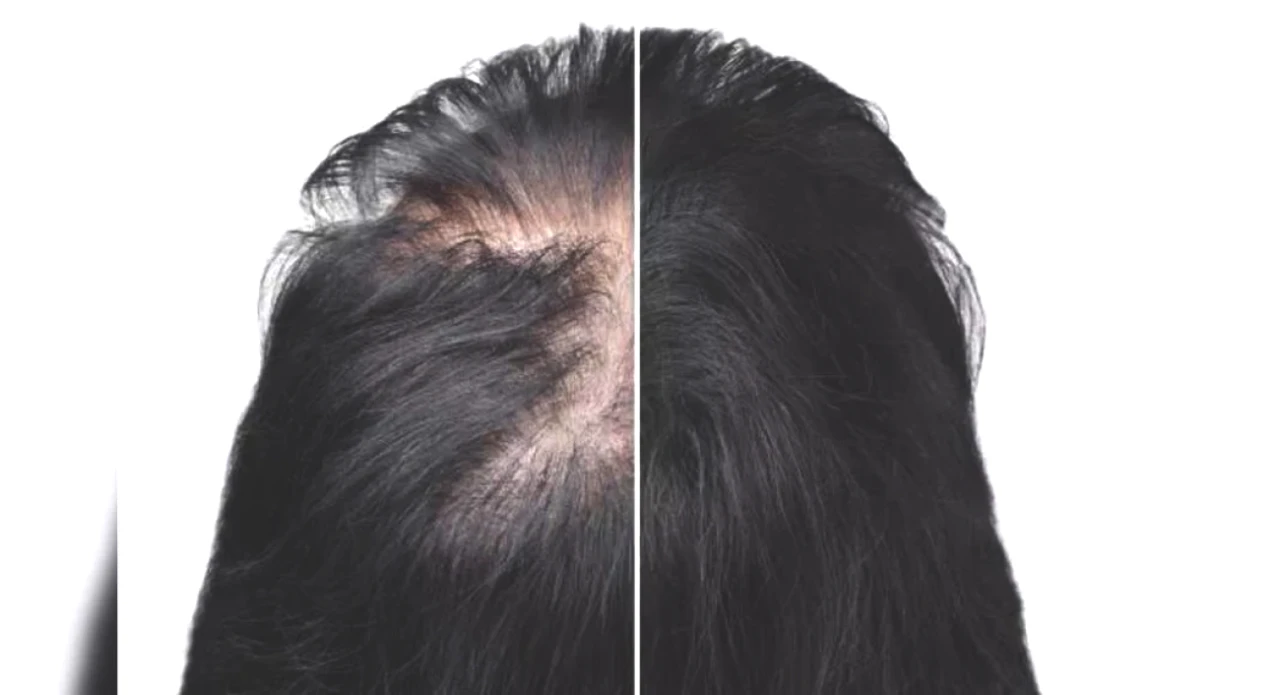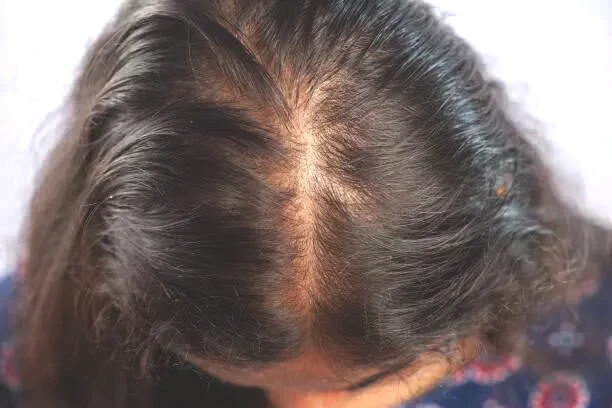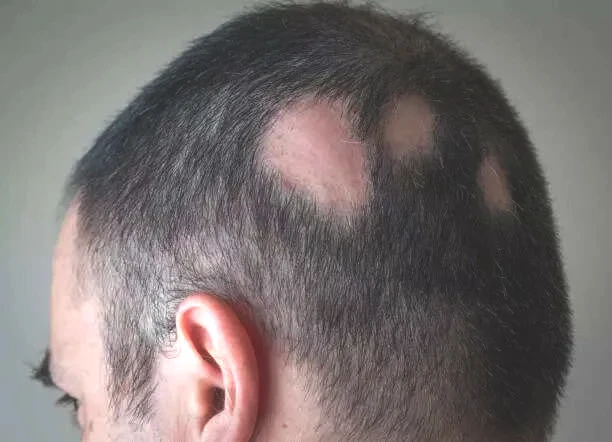Discover the Top Treatments for Alopecia: Essential Insights You Must Know!
On International Alopecia Day, specialists focus on breakthroughs in hair loss treatment, stressing its importance beyond aesthetics. Innovative therapies such as exosome therapy, GFC, and JAK inhibitors show great potential, along with enhanced hair transplant methods for more natural results.

As a doctor specializing in dermatology and trichology, I encounter this scenario all too frequently. A patient enters my office, visibly uneasy, running their fingers through their thinning hair. In a hushed voice, they ask, “Is this normal, Doctor?” At times, the answer is yes. Other times, it is a definitive no. Hair loss may not merely be a cosmetic concern; it could signify alopecia. On this International Alopecia Day, it’s essential to address this issue openly and honestly.
It all begins with questions—and sometimes fear
Not all forms of hair loss are identical. There are the familiar culprits—androgenetic alopecia, commonly known as pattern baldness. It subtly arrives with age or heredity. Men often experience an M-shaped hairline, while women start to notice an increased visibility of their scalp in the mirror. However, alopecia areata presents a different challenge. This unpredictable condition can strike suddenly, leaving you with unexpected bald spots. It may also affect facial hair in patches. This autoimmune disorder sees your body mistakenly attacking its own hair follicles, and the reasons for this remain unclear, leading to significant anxiety for those affected.
However, alopecia areata presents a different challenge. This unpredictable condition can strike suddenly, leaving you with unexpected bald spots. It may also affect facial hair in patches. This autoimmune disorder sees your body mistakenly attacking its own hair follicles, and the reasons for this remain unclear, leading to significant anxiety for those affected.
What's the current understanding? Knowledge has increased significantly
In the past, treatment options were rather limited—just a handful of pills, topical solutions, and a little bit of hope. Fast forward to 2025, and the landscape of treatment has improved tremendously. One promising avenue is exosome therapy—think of it as delivering micro-messages from stem cells directly to your hair follicles for repair, revitalization, and regrowth. It proves effective when traditional methods have failed. PRP still delivers excellent results, but there's also GFC. This method can be viewed as PRP's more refined counterpart, carefully selecting only the most beneficial growth factors from your blood for enhanced precision and superior outcomes.
For men facing hair loss, Dutasteride is emerging as a competitive alternative to Finasteride. Women, on the other hand, are seeing favorable outcomes from low-dose oral Minoxidil with reduced side effects. However, it's crucial to avoid self-treatment; professional oversight is essential. As for alopecia areata? Enter JAK inhibitors like Tofacitinib and Baricitinib. These powerful medications can yield remarkable benefits, with many patients joyously shedding tears in the chair as they witness their hair returning—sometimes rather quickly.But what about hair transplants?
The field of hair transplantation has evolved dramatically. Gone are the days of the unnatural "doll-hair" look. Contemporary techniques yield results that appear natural, with minimal scarring and quicker healing times. It's no longer solely about placing hair; it's about precise placement—where it grows, how it appears, and how it enhances your facial features. For many individuals, a hair transplant is the final step in restoring their confidence after other treatments have stabilized their hair loss. Plus, today's procedures are significantly more comfortable, with shorter recovery times and techniques that can leave behind minimal or even no visible scars.
The key takeaway? Don’t overlook it
You don’t have to endure this struggle in silence. If you notice your hair thinning and feel something is off, trust that instinct and consult a specialist. Today, we have the capability to treat and even reverse hair loss. You need not hide or let your identity be defined by thinning hair any longer. It’s time to dispel the stigma and begin a dialogue. This topic is about more than just hair; it encompasses health, self-esteem, and your overall identity. And yes, support is available.
Inputs by Dr. Gaurang Krishna, MD. Co-founder and Director, MedLinks Trichology. Disclaimer: Always seek the advice of a qualified trichologist before starting any hair loss treatment.
Today, we have the capability to treat and even reverse hair loss. You need not hide or let your identity be defined by thinning hair any longer. It’s time to dispel the stigma and begin a dialogue. This topic is about more than just hair; it encompasses health, self-esteem, and your overall identity. And yes, support is available.
Inputs by Dr. Gaurang Krishna, MD. Co-founder and Director, MedLinks Trichology. Disclaimer: Always seek the advice of a qualified trichologist before starting any hair loss treatment.




